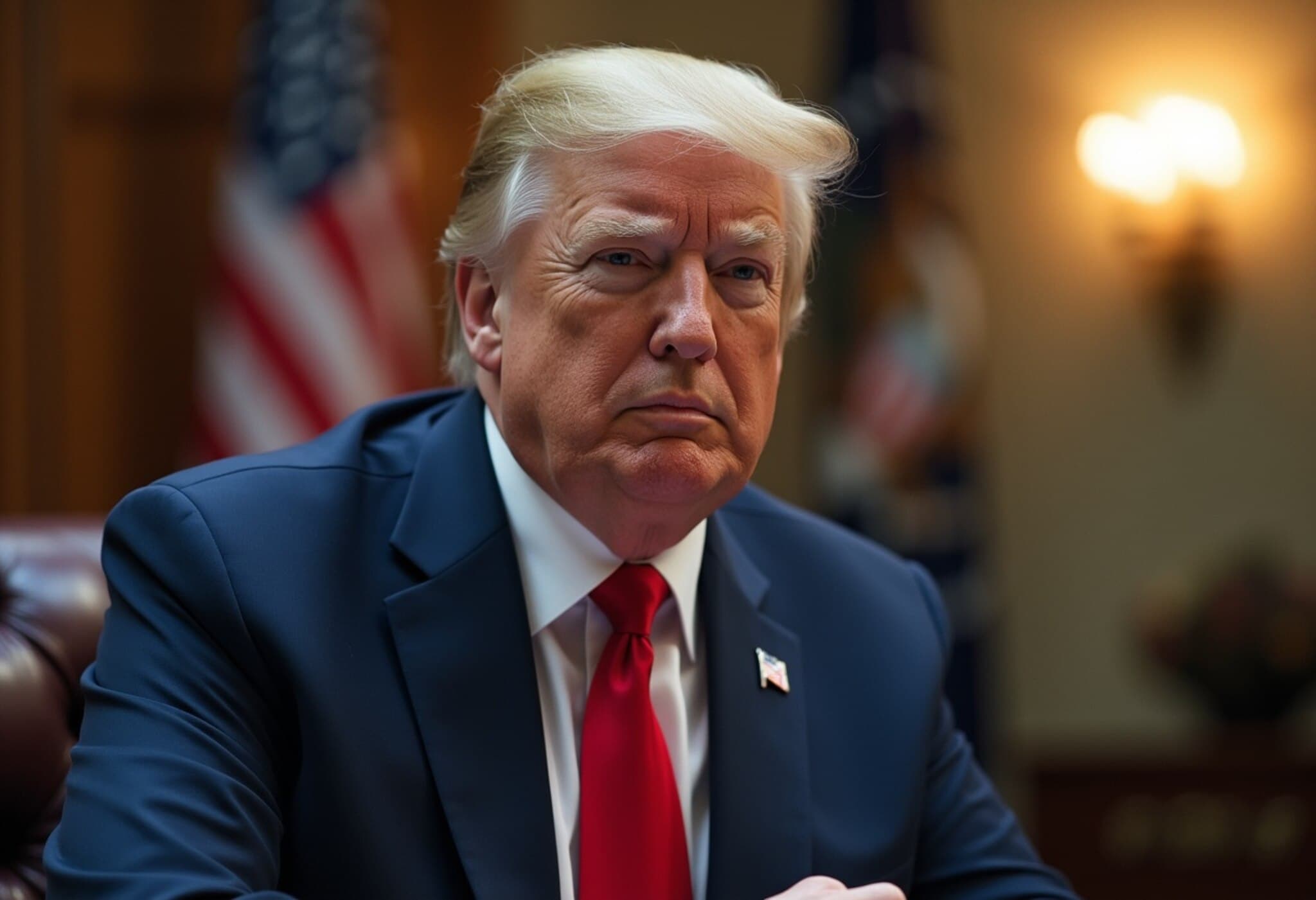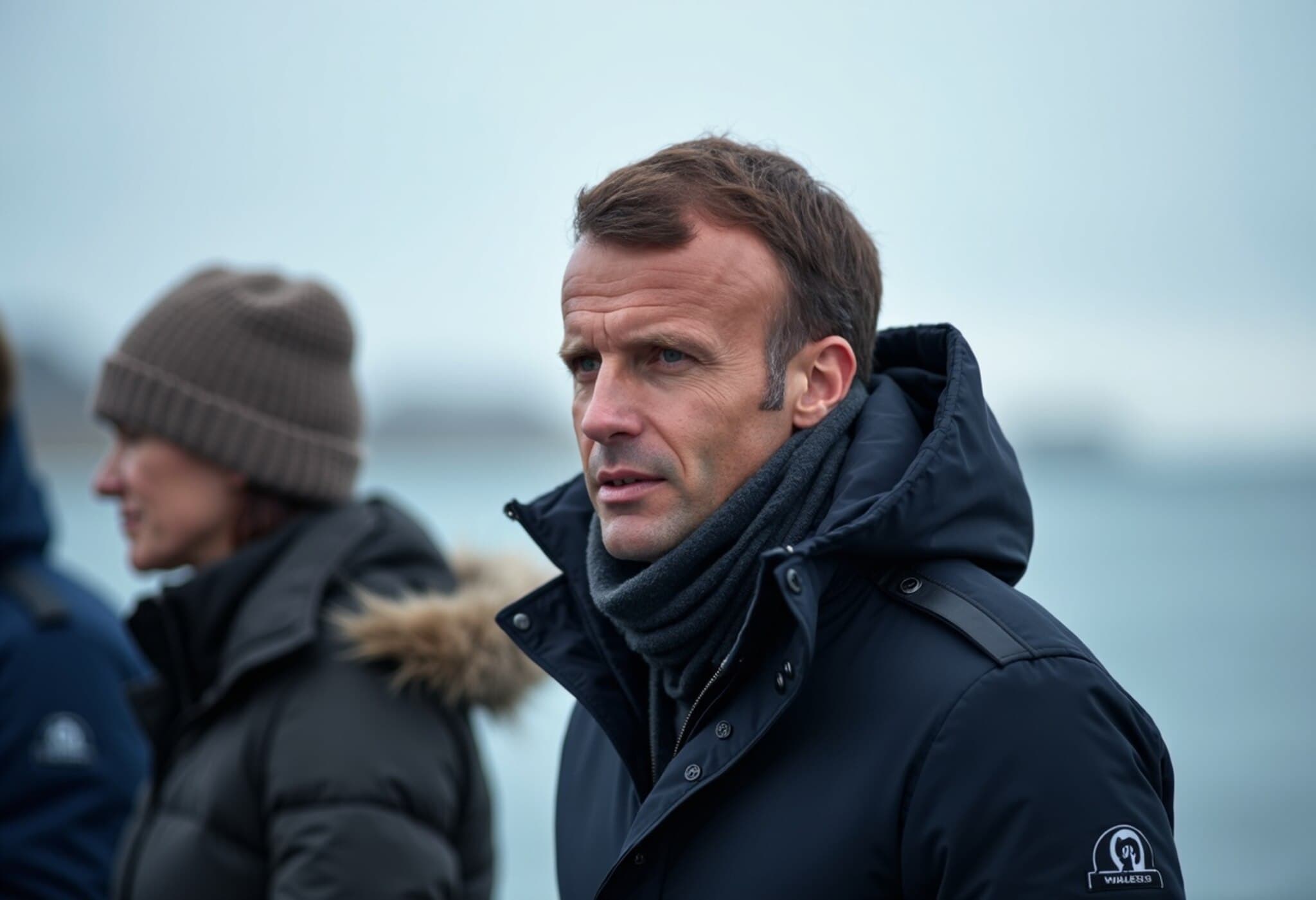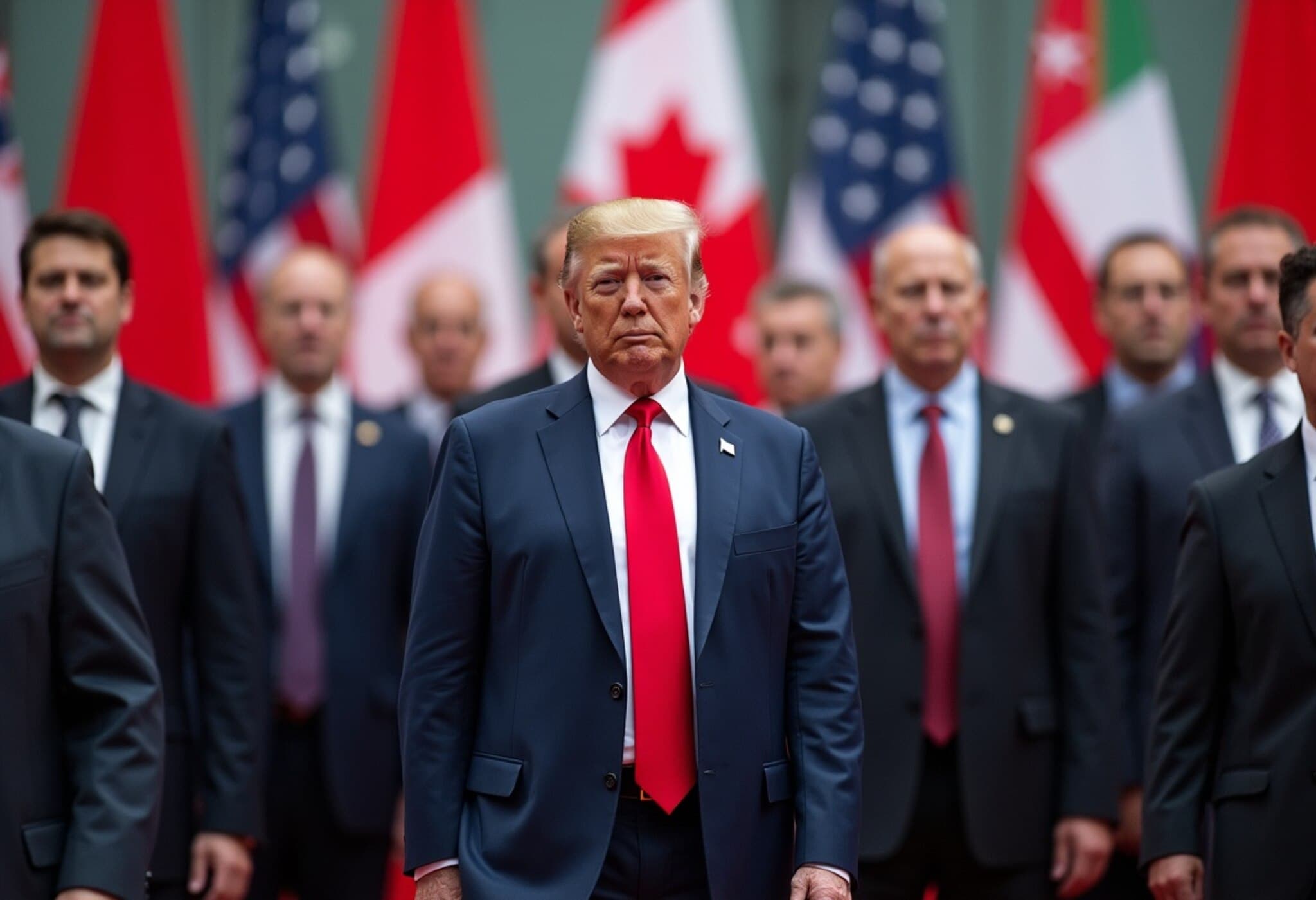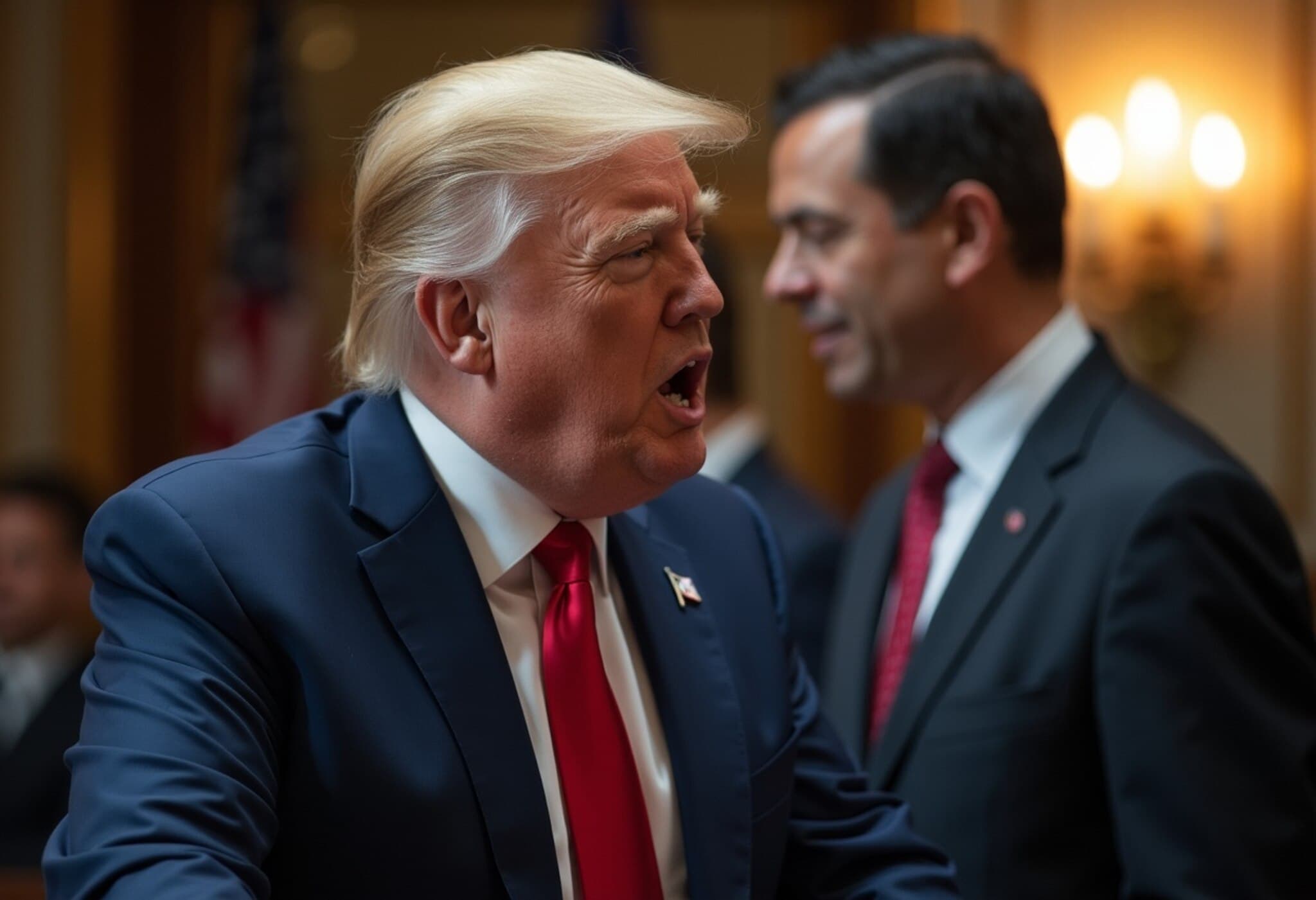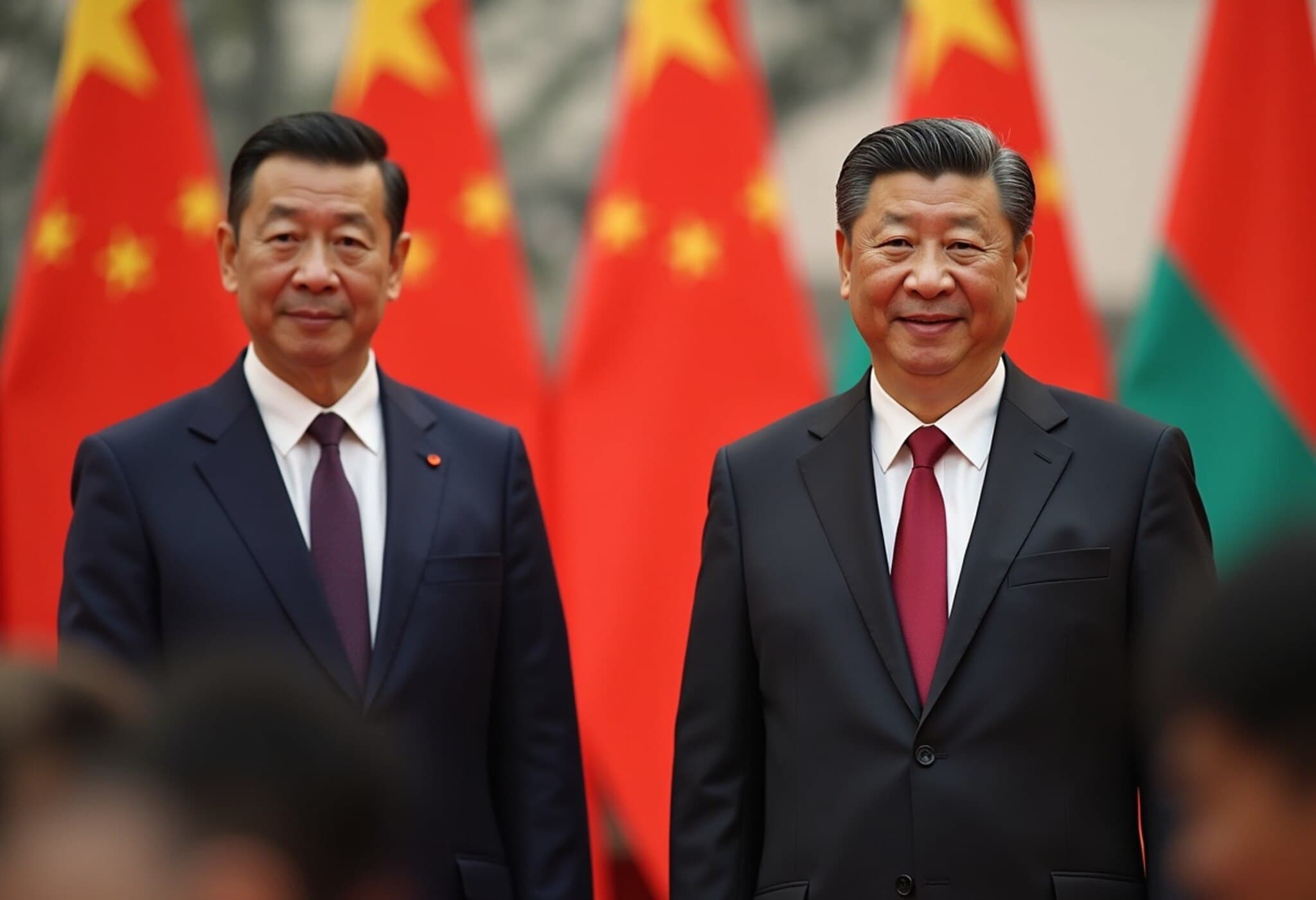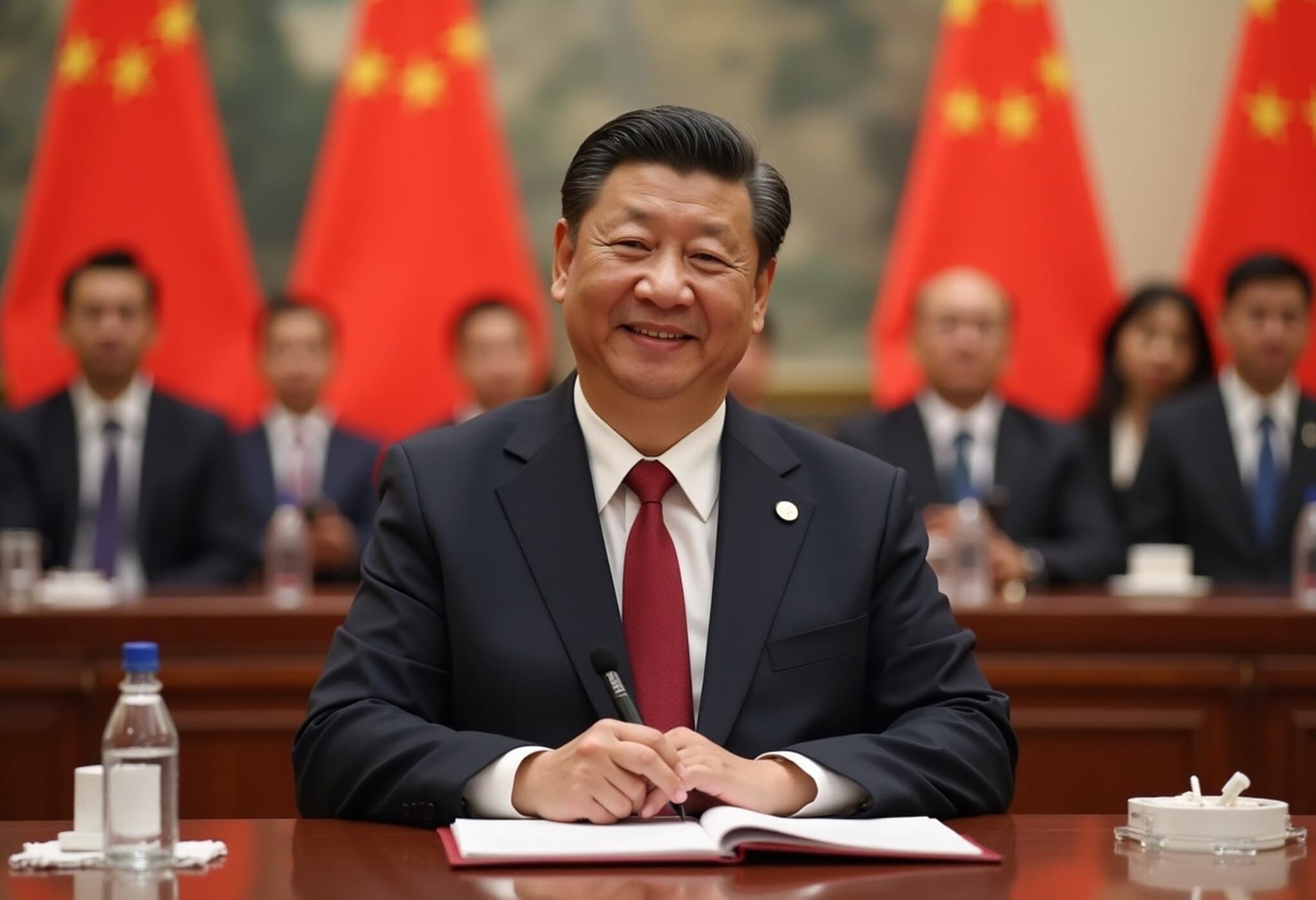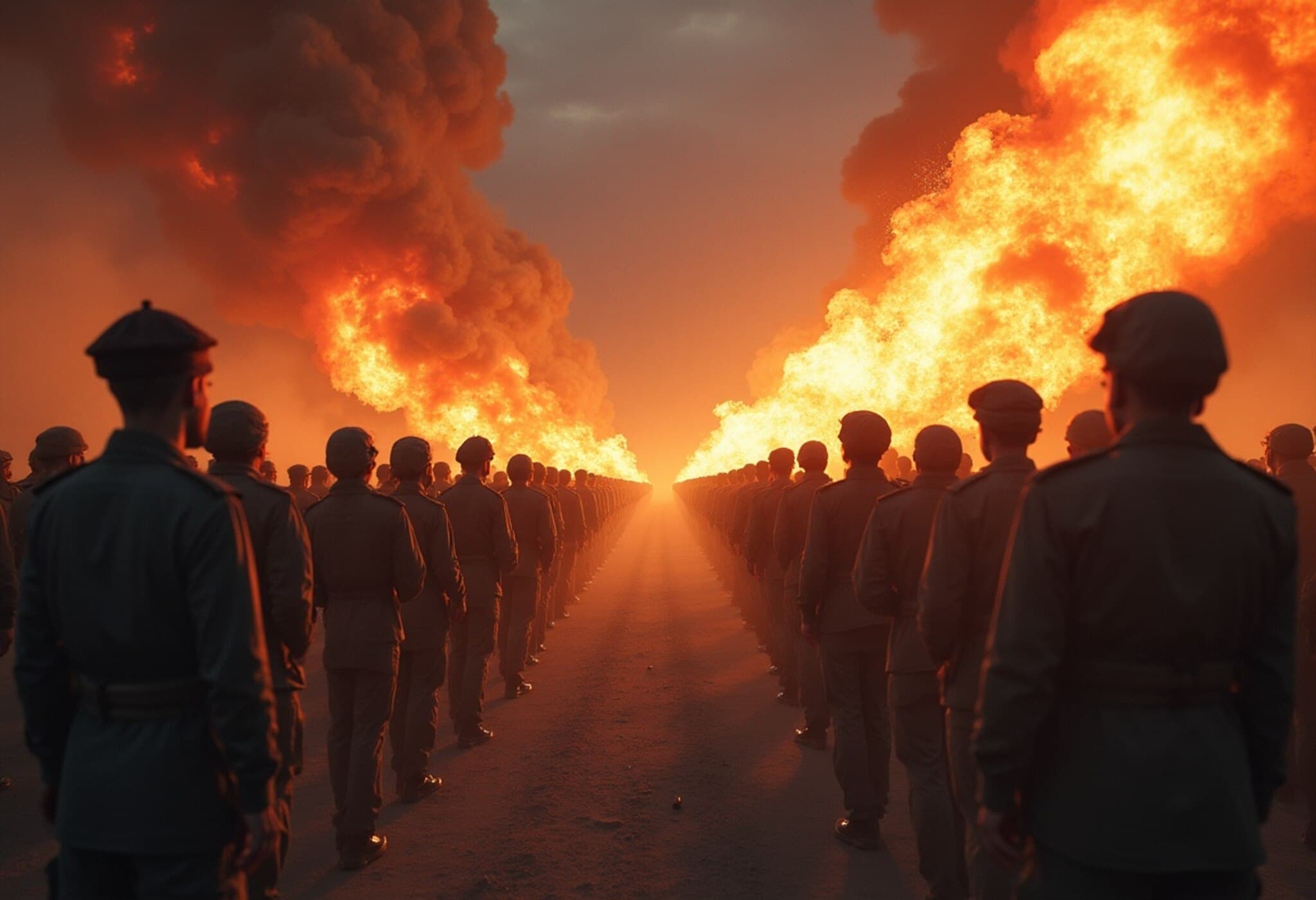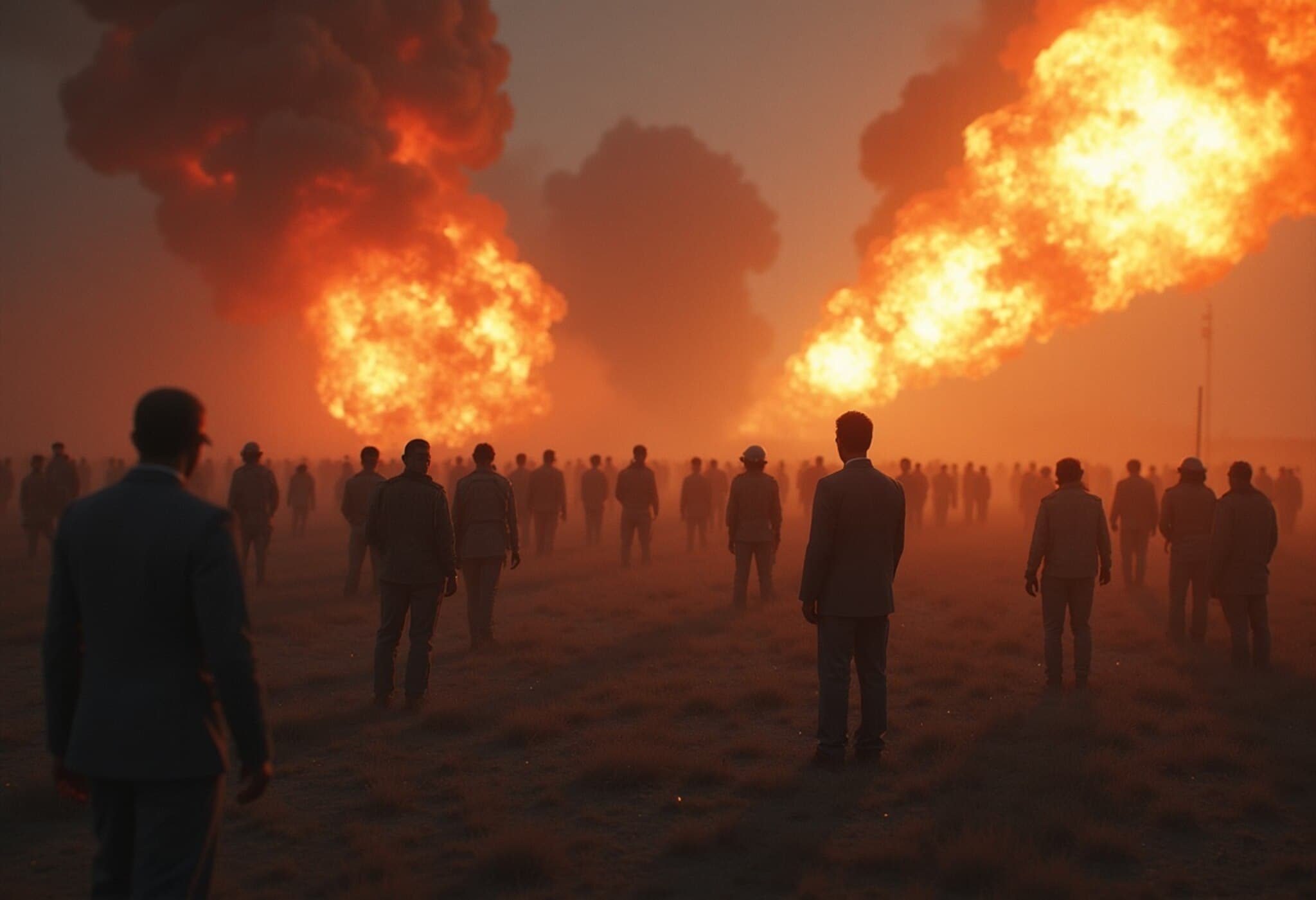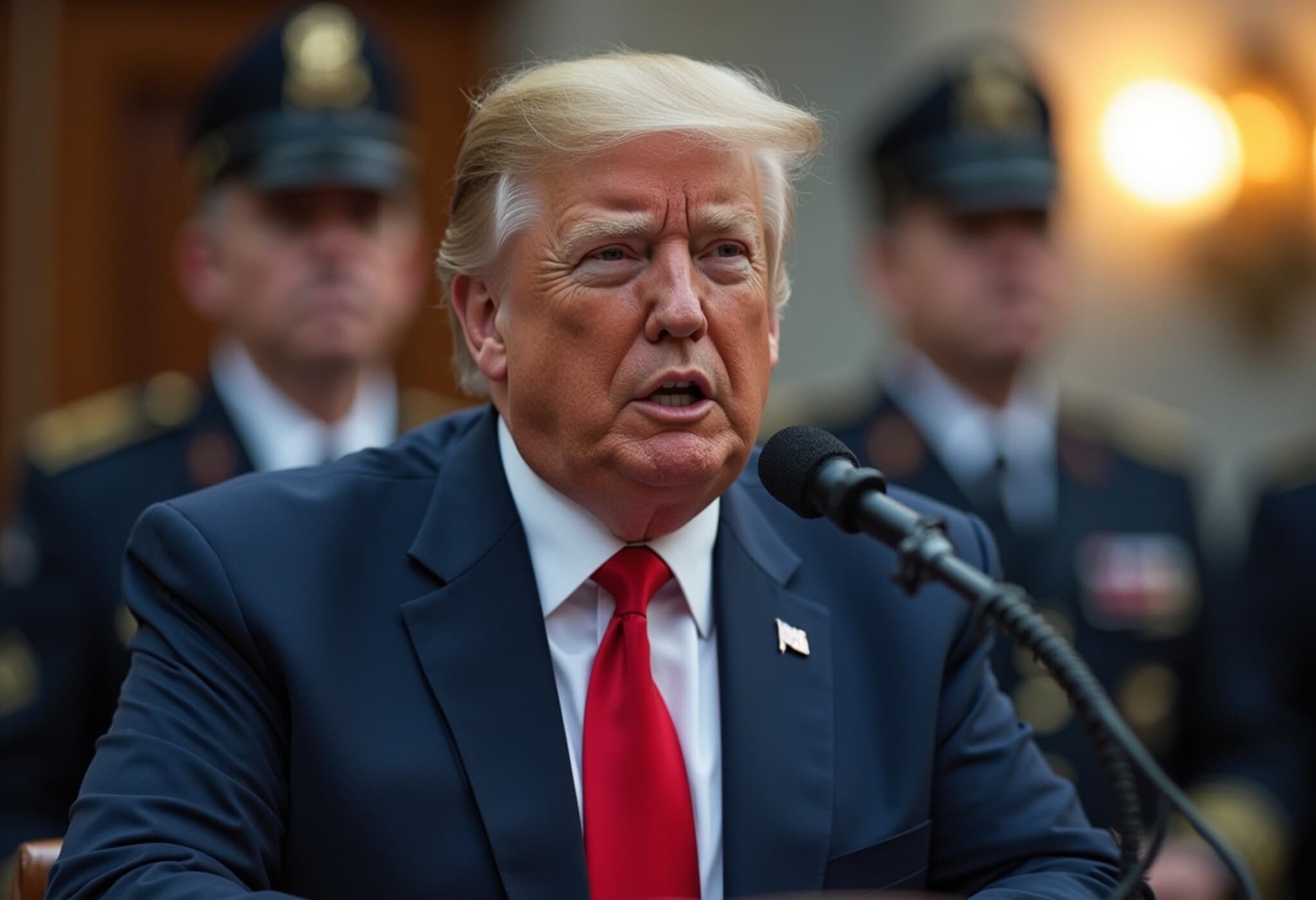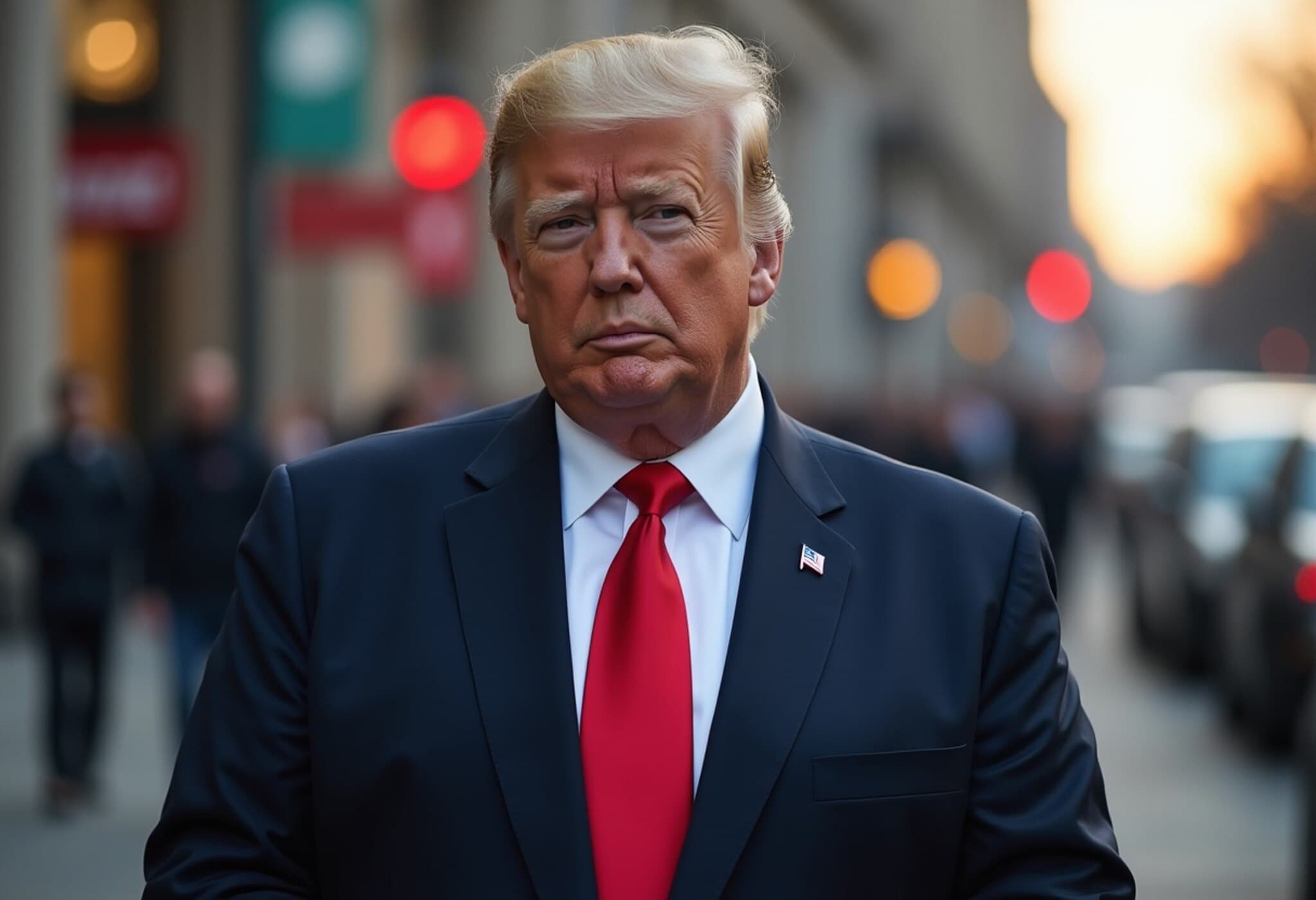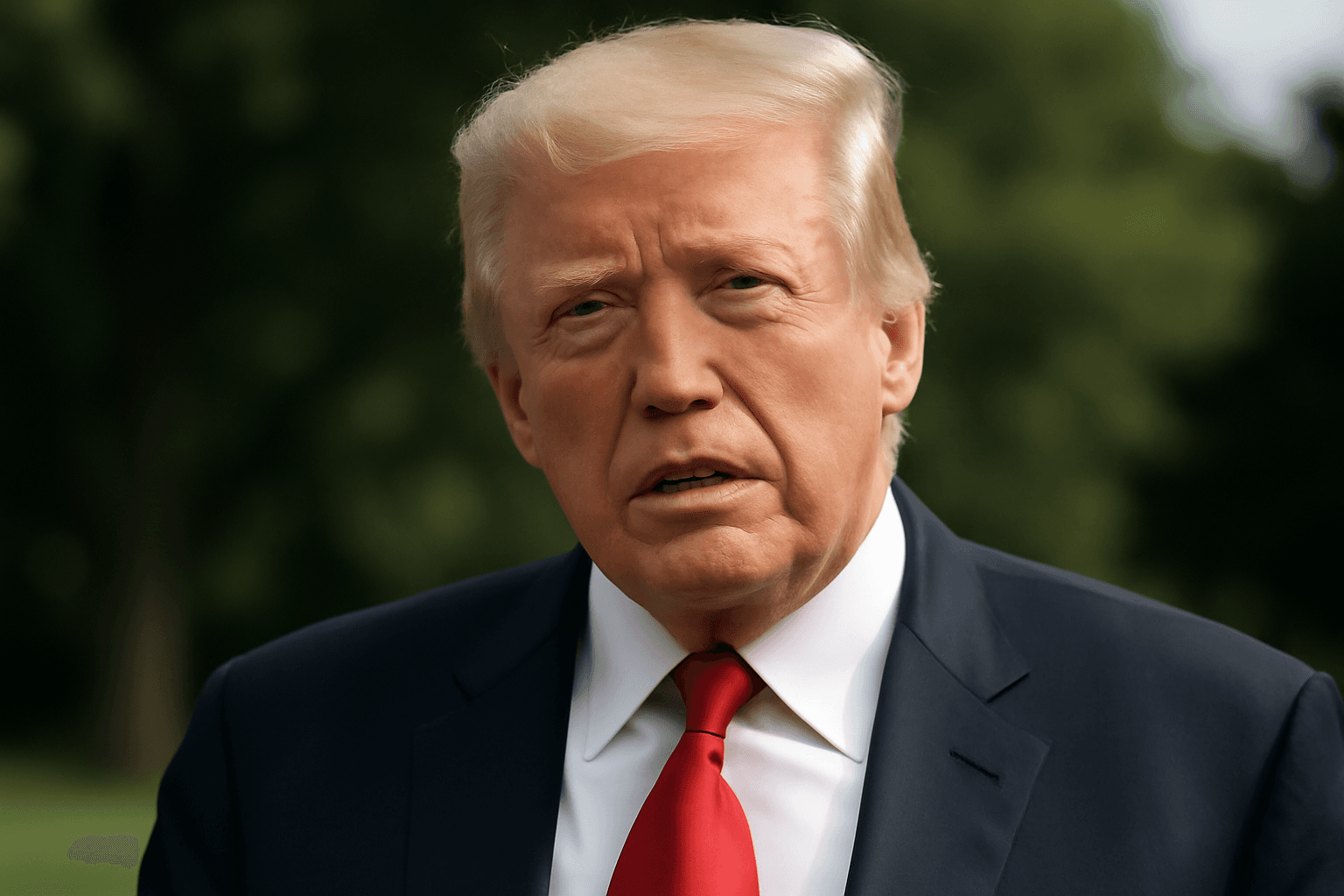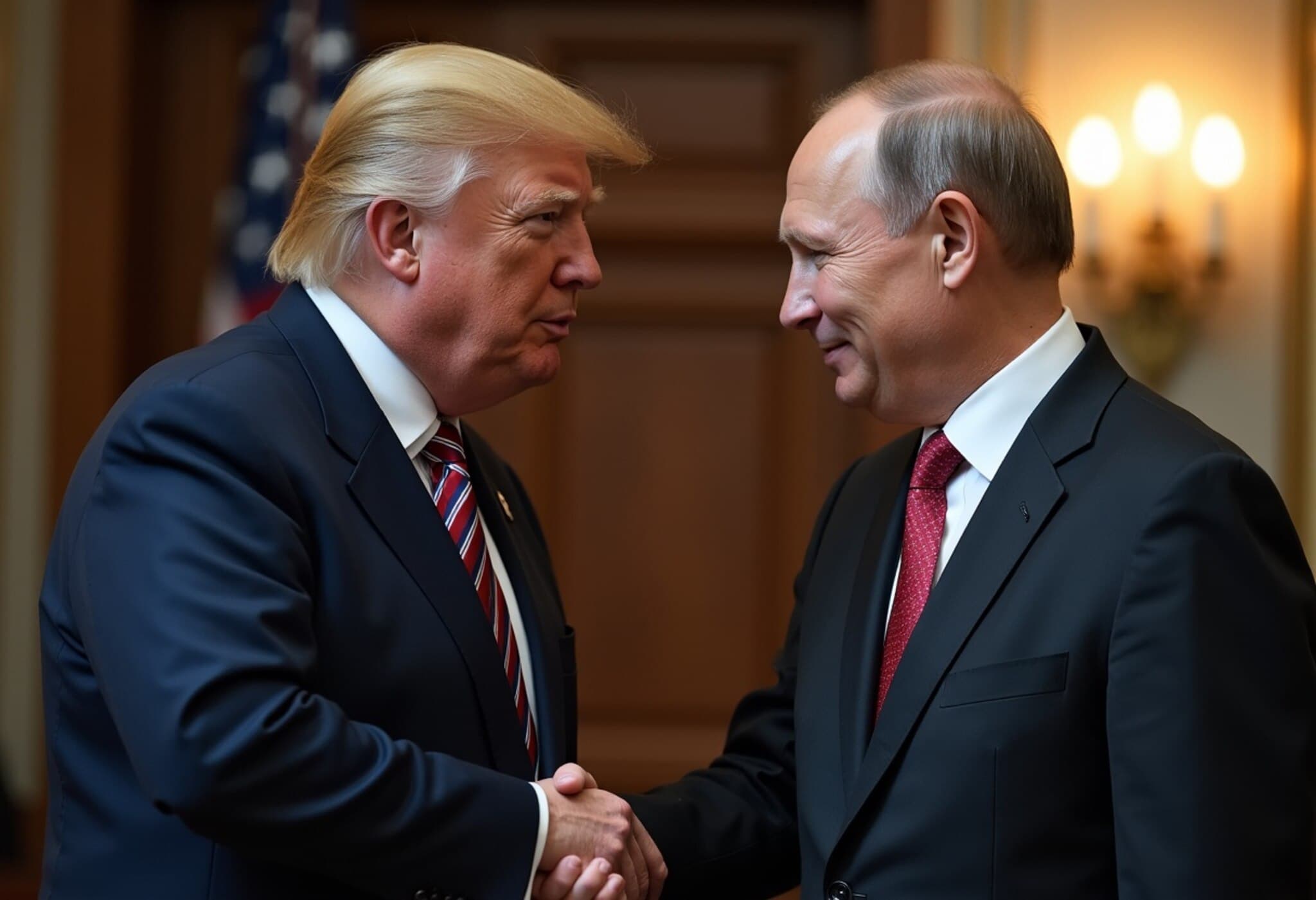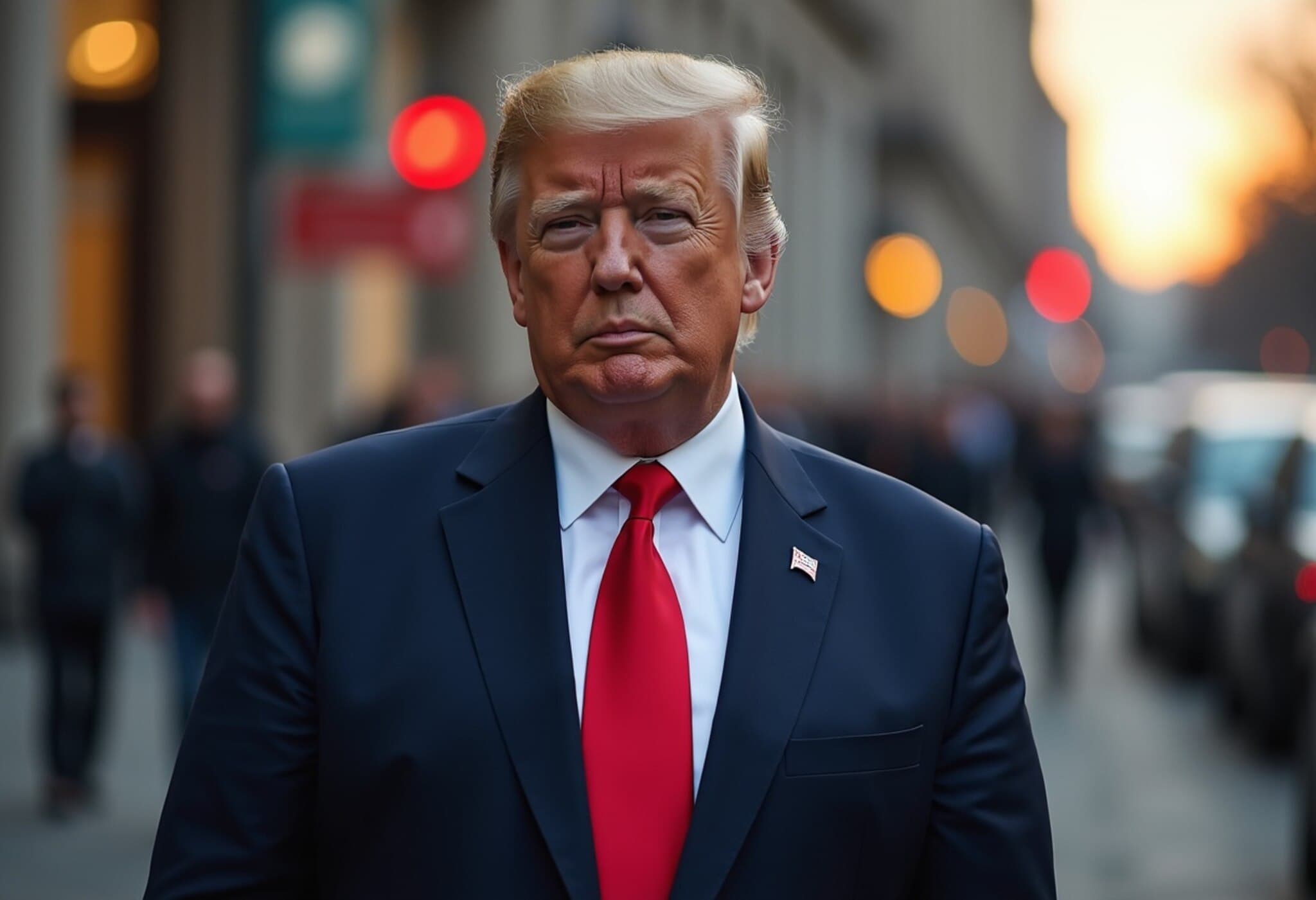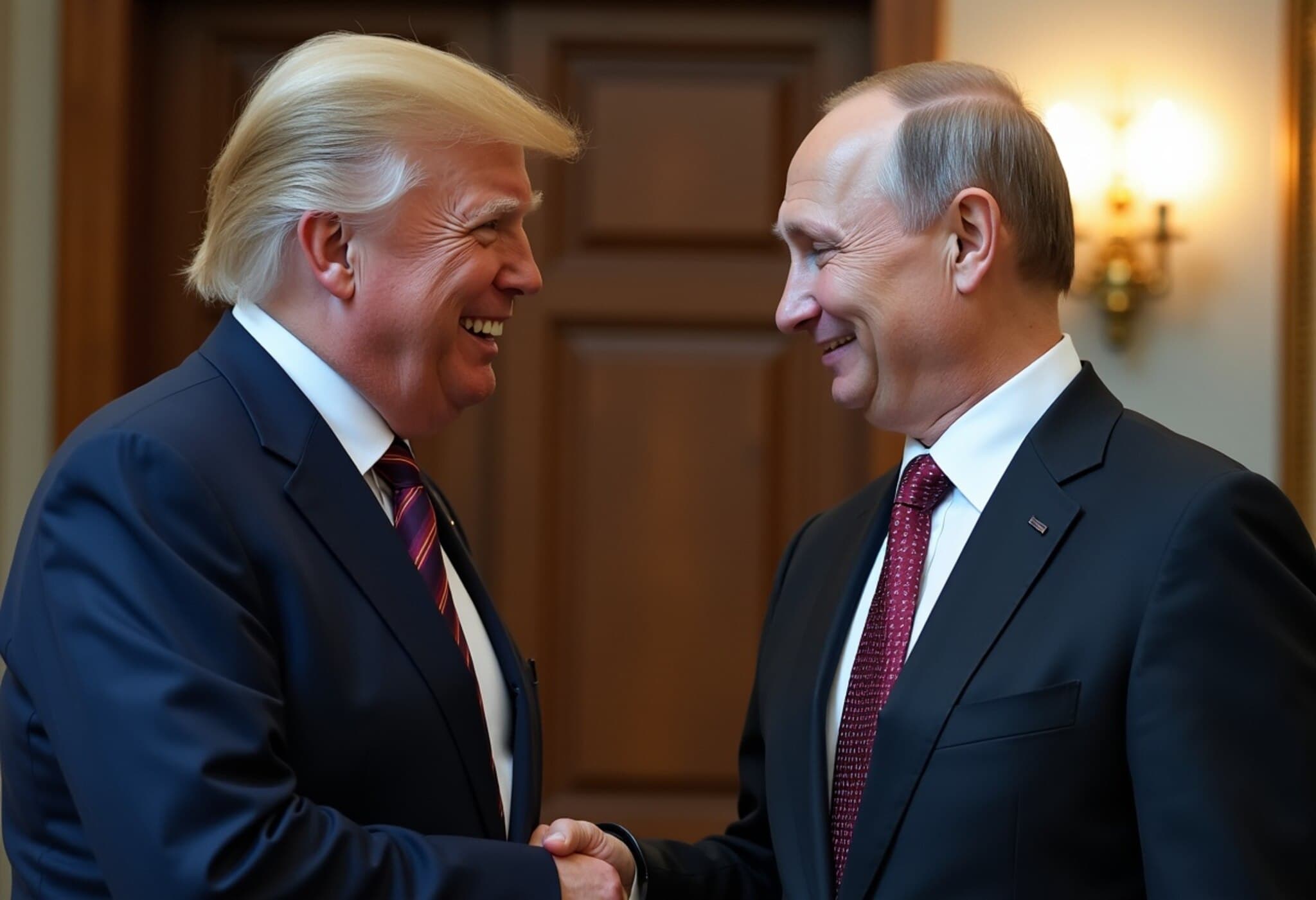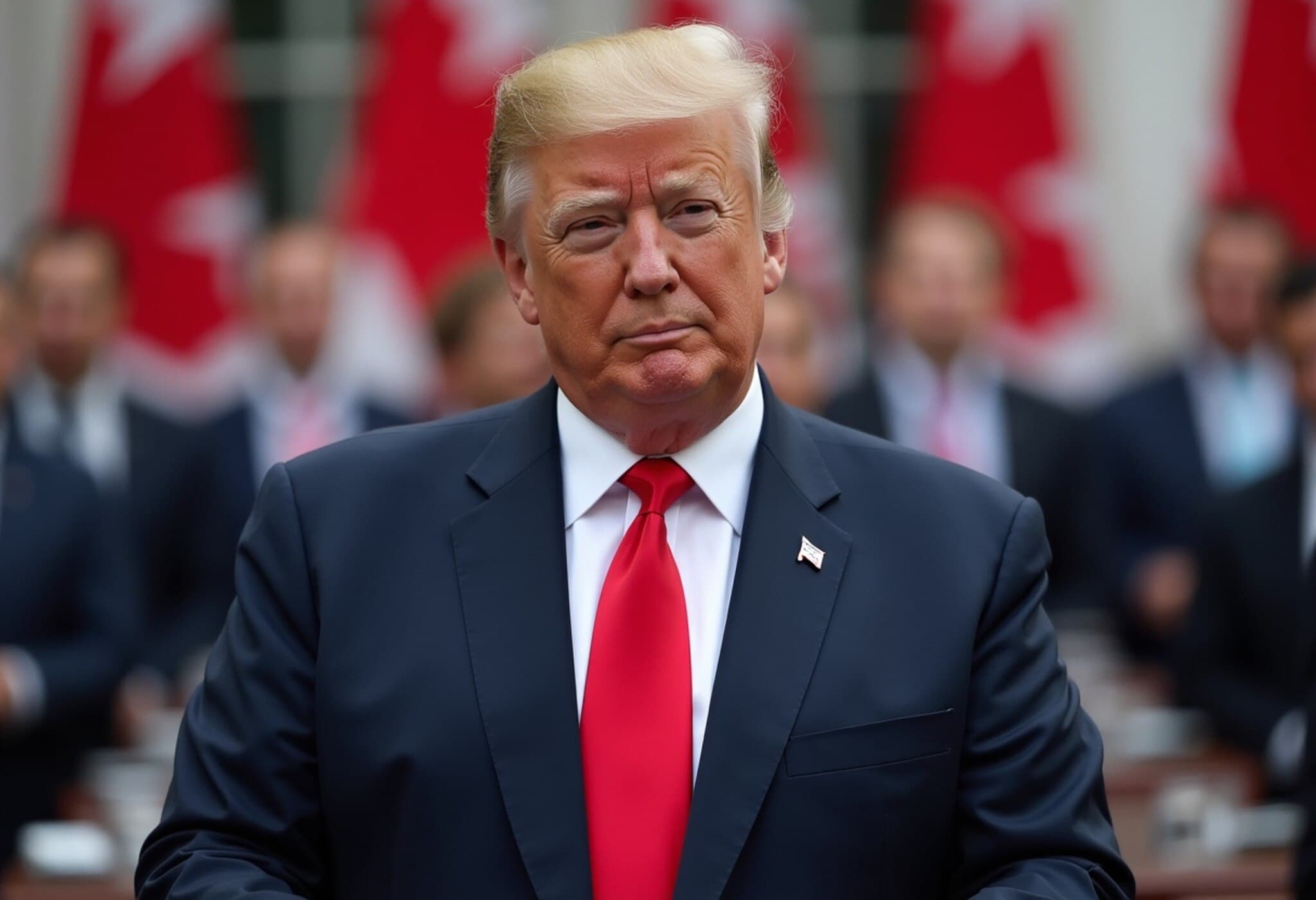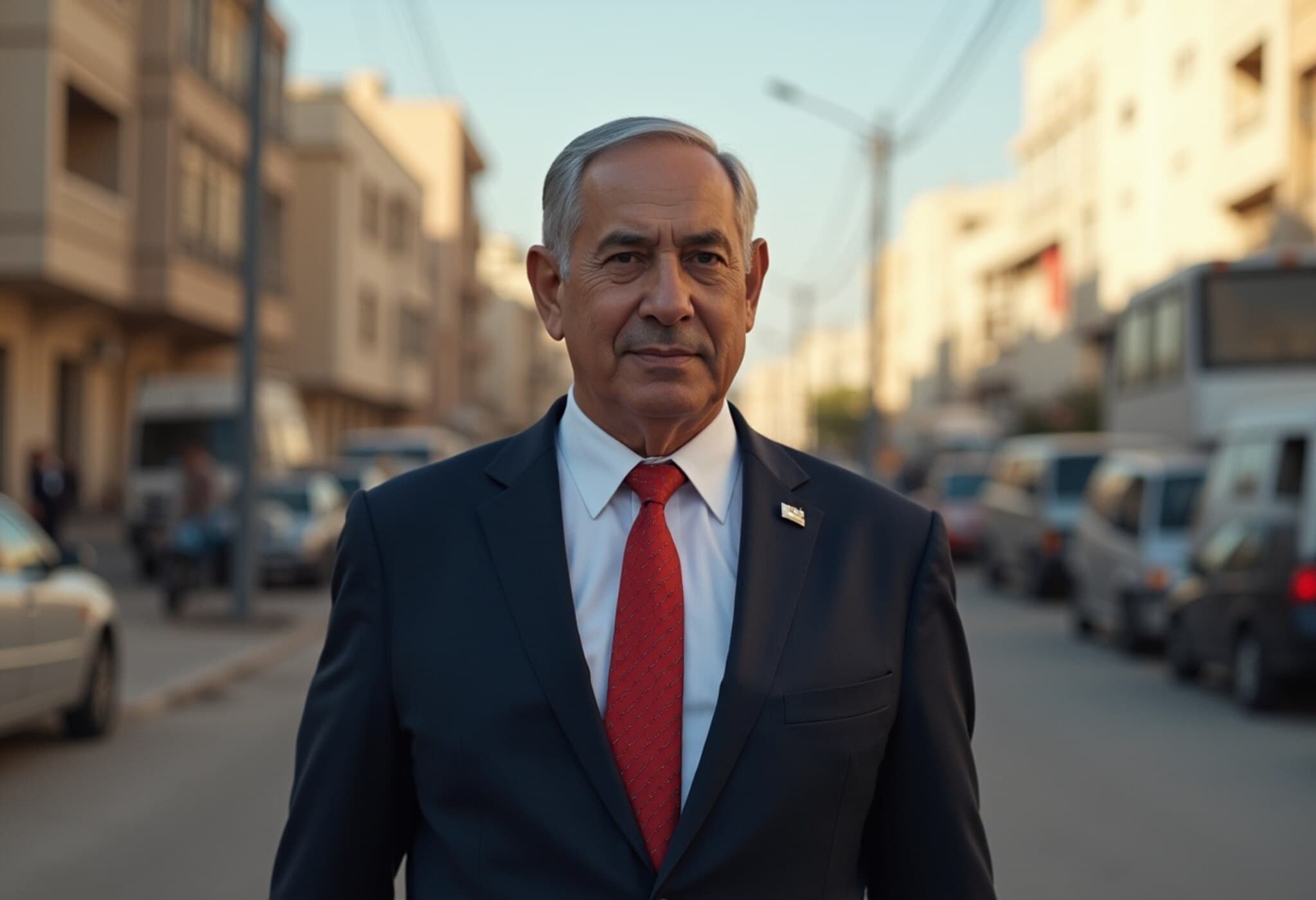Trump Encourages Zelenskyy to Target Russian Cities Amid Escalating Ukraine Conflict
In a significant yet covert display of support, former U.S. President Donald Trump reportedly urged Ukraine’s President Volodymyr Zelenskyy to consider striking deep within Russian territory, specifically naming Moscow and St. Petersburg. According to multiple sources cited by the Financial Times, this provocative private exchange took place in a phone call on July 4, 2025.
Private Call Reveals Intense Diplomatic Dynamics
During the conversation, Trump is quoted asking, "Volodymyr, can you hit Moscow? . . . Can you hit St Petersburg too?" Zelenskyy responded assertively, acknowledging Ukraine’s capacity contingent on receiving adequate weaponry, saying, "Absolutely. We can if you give us the weapons."
This seemingly bold maneuver came just one day after a strained dialogue between Trump and Russian President Vladimir Putin, described by Trump himself as “bad.” This juxtaposition highlights the complex diplomatic chess game unfolding behind the scenes — the U.S. attempting to pressure Russia while recalibrating support for Ukraine’s military efforts.
From Caution to Calculated Escalation
Historically, Trump’s stance on Russia was more restrained, emphasizing limited U.S. military involvement. This episode, however, marks a sharp deviation as it encapsulates a strategic pivot towards endorsing more assertive Ukrainian military action.
Sources familiar with the call reveal that Trump sees these long-range strikes as a means to "make the Russians feel the pain" and coerce Moscow into negotiations—a sentiment reflecting growing impatience within some U.S. policy circles over Moscow's refusal to engage in ceasefire talks.
Western Hesitation and Emerging Consensus
While the U.S. has yet to officially supply Ukraine with long-range strike weapons capable of hitting targets inside Russia, discussions within Western governments show a quietly building consensus towards supporting such measures.
A Western official familiar with the deliberations noted to the Financial Times that this approach aims to “bring the war to Muscovites,” a phrase that underscores a more direct engagement strategy against Russia's heartland.
Recent Policy Shift: Advanced Weapons and Sanctions Threat
On the heels of this revelation, President Trump publicly announced an escalation in U.S. support for Ukraine’s defense capabilities. During a White House appearance alongside NATO Secretary General Mark Rutte, Trump confirmed plans to send billions in advanced weaponry, including urgently requested Patriot air defense systems.
He emphasized that NATO allies would finance these transfers, with some countries swapping out their Patriot batteries to expedite delivery to Ukraine.
Moreover, Trump issued a stern warning to countries continuing to buy Russian exports, threatening secondary sanctions if they do not cease purchases within 50 days — a marked intensification of Western sanctions policy aimed at choking Kremlin revenues.
Implications for U.S.-Russia Relations and the Ukraine War
- Strategic escalation: Encouraging Ukrainian strikes deep inside Russia risks broadening the conflict and drawing the U.S. further into direct confrontation.
- Diplomatic pressure: These steps reflect frustration with Moscow’s failure to engage in meaningful ceasefire talks and a desire to compel Putin to negotiate.
- Allied dynamics: The move signals tighter coordination with NATO allies yet could strain relations with countries hesitant to impose harsher sanctions.
- Congressional support: Bipartisan momentum is building for legislative measures enabling sanctions against nations importing Russian oil, suggesting potential policy shifts beyond the executive branch.
Expert Commentary
Dr. Emily Thompson, a policy analyst specializing in Eurasian conflicts, notes, "Trump’s private query to Zelenskyy signals a recalibration of U.S. involvement from cautious support to active facilitation of offensive capabilities. This raises critical questions about escalation risks and long-term geopolitical stability in Eastern Europe."
Similarly, veteran journalist Mark Feldman points out, "The tension between public diplomacy and private negotiation reveals the complexity of managing great power rivalry amid a protracted war. Trump’s approach may appeal to domestic constituencies demanding toughness but carries unpredictable consequences on the ground."
Editor's Note
This emerging narrative of U.S. encouragement for Ukraine to conduct deep strikes within Russia highlights a pivotal moment in the conflict's trajectory. It underscores the delicate balance between deterring aggression and avoiding escalation that could widen the war. Readers should consider the implications of such shifts—not just militarily but also diplomatically and economically—especially as policy debates continue in Washington and among global allies.
Key questions remain open: How will Russia respond to increased Ukrainian strikes on its soil? Will NATO allies uniformly back the deployment of advanced missile systems to Ukraine? And, importantly, what mechanisms are in place to prevent the Ukraine conflict from triggering a broader regional war?

